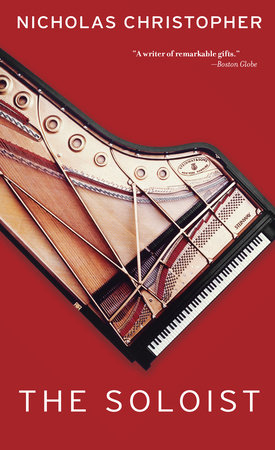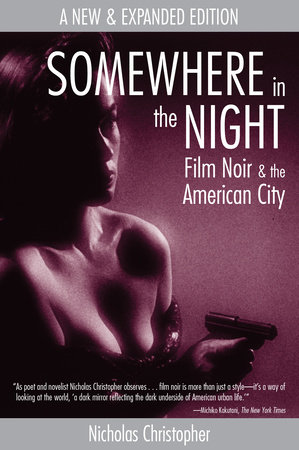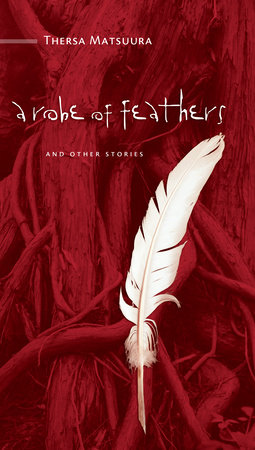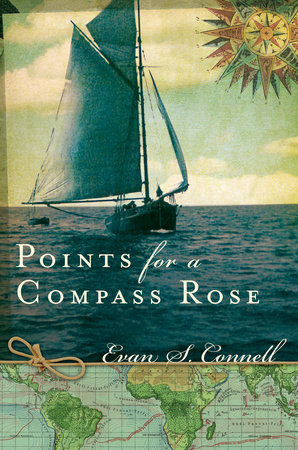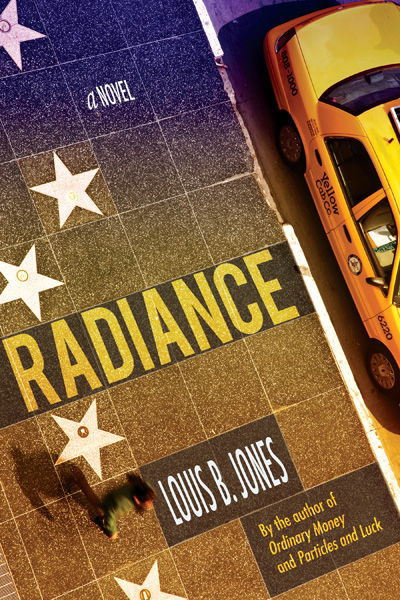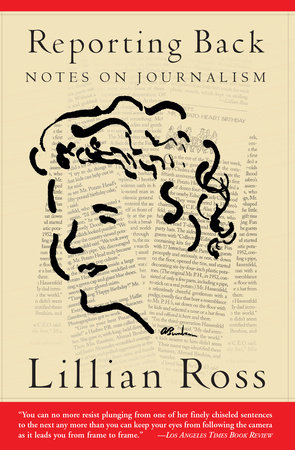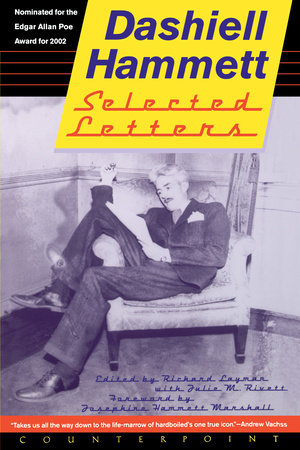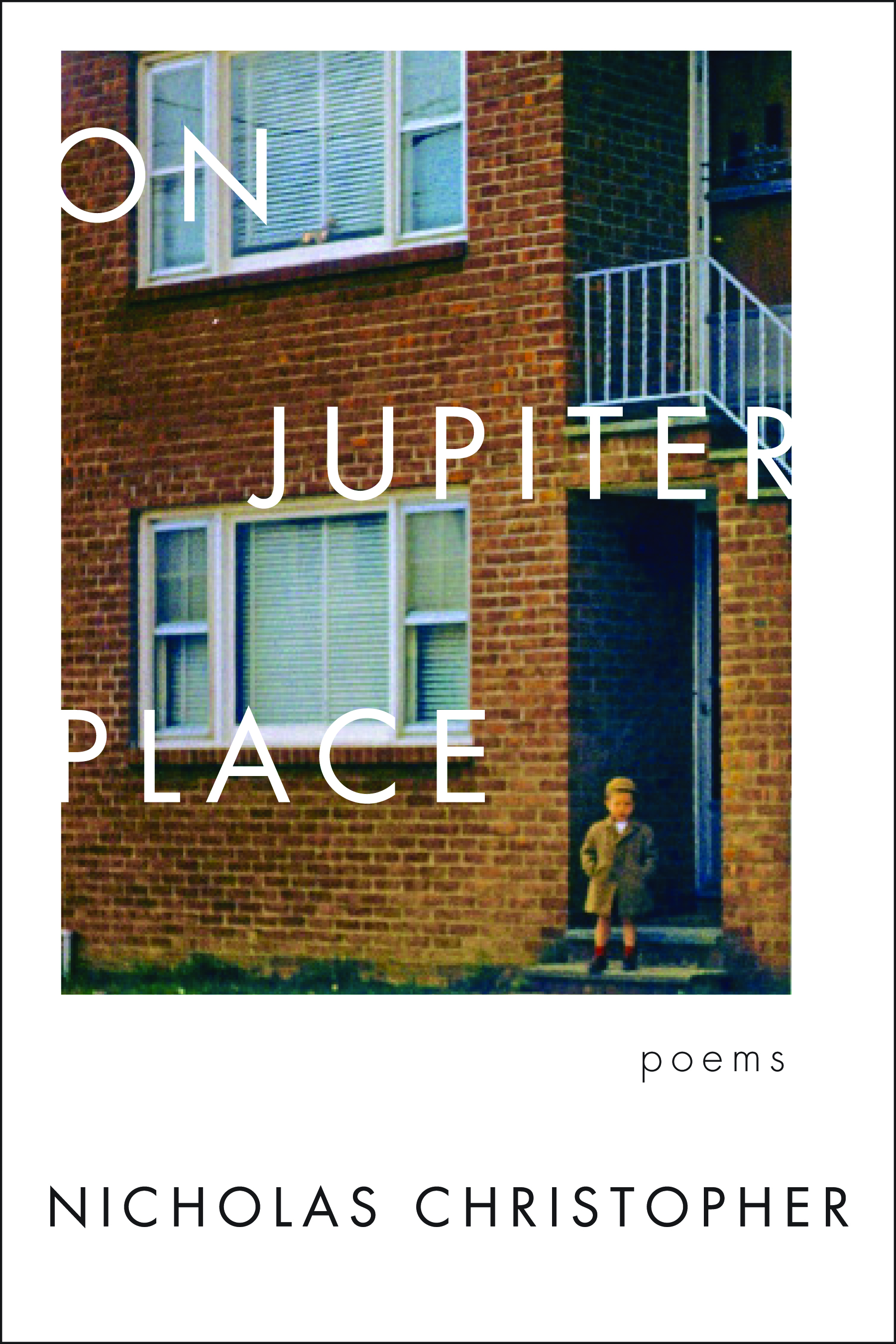
Book Description
Best known as a novelist, Nicholas Christopher began publishing poems in The New Yorker in his twenties, and has published eight collections, praised over the years by poets and critics as being among America’s most important poets. Reviewing his selected poems, Crossing the Equator, published eight years ago, The Washington Post said, “To read his richly honed and sensuous work, which has so much tensile strength, is to visit other worlds and then to return to our own disturbed by time, but also refreshed and reawakened.”
On Jupiter Place is his first book since that collection, and it contains material that is perhaps his most personal, autobiographical and intimate work yet. Beautifully made and carefully constructed, one might be reminded of Keats thinking that his poems were “little machines” of feeling. And everywhere in this book are moments of disorientation, where the wonder of the poem transcends understanding and leads its readers back into themselves slightly startled and richer for the effort. As Merwin has written, “his poems are vibrant with light and the surprise of recognition. He shows us again and again the luminous nature of the familiar.”
The Washington Post, reviewing his Crossing the Equator: New & Selected Poems, reported that “Nicholas Christopher is a fabulist…His fiction often puts me in mind of Jorge Luis Borges and Italo Calvino, two time–travelers who are his great precursors. His poetry tends to build on the work of Wallace Stevens, Elizabeth Bishop and James Merrill. Like them, he has a taste for the exotic, the faraway, the displaced, the imaginary.








